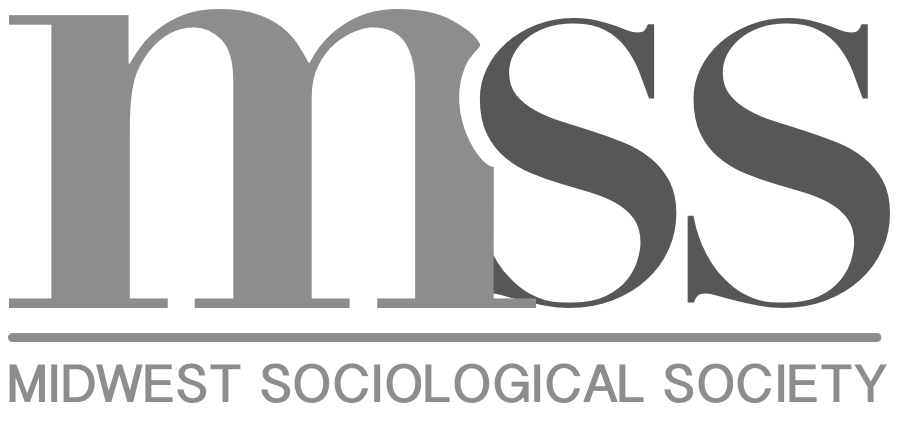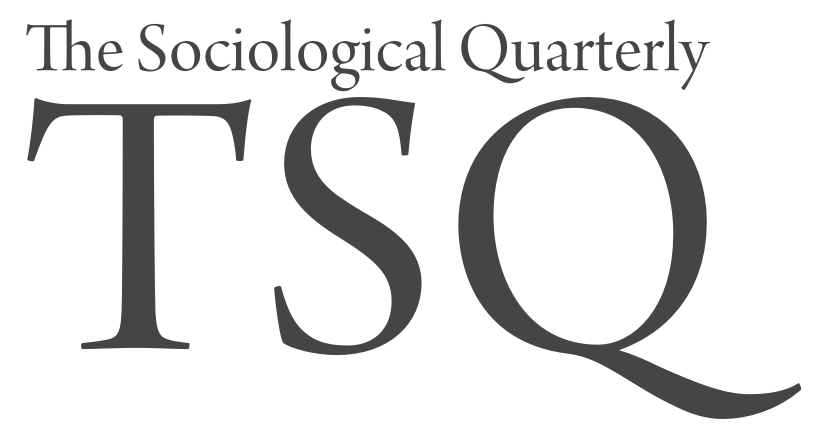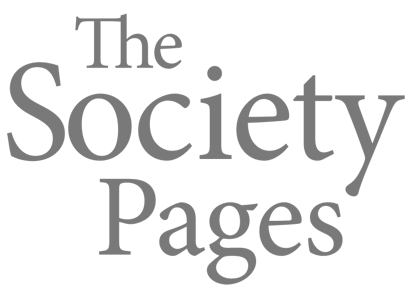Meaning, according to George Herbert Mead, is a disposition to act. It is not simply a symbol in the head. Marking historic sites, building museums, and erecting statues shows intention to act with emotion, memory, and pride. From time immemorial, leaders have built structures to commemorate them and their accomplishments and to have citizens act with awe and obeisance. Democracies build such structures to socialize citizens and teach them act with reverence, respect, and a sense of unity. We stand, salute, and sing our national anthem, facing the flag surrounded by thousands of others. And yet some raised clenched fists, or sit, to express their attitudes about our history and present conditions.
A trip to the U.S. Holocaust Museum takes you through the steps of the “final solution.” It intends to invoke the unimaginable horrific series of acts that led to deaths of millions of Jews. But more than that, it invokes a commitment that it never happen again. Seeing the swastika and the Hitler salute in Charlottesville, and hearing the President of the United States legitimizing hatred, bigotry, and white supremacy, produces revulsion and the need to oppose in no uncertain terms those who physically attack others and preach the virulent ideology of racism, anti-semitism, and xenophobia.
Everett Hughes, in an article “Good People and Dirty Work,” presents the thoughts of “good” Germans he spoke to after World War II. They felt that Jews were a “problem,” but separated themselves from the Nazi party by claiming ignorance, and in doing so they condoned and justified the Holocaust. How many ‘good people’ are there in the U.S. who share racist, anti-semitic, and xenophobic beliefs and vote that way? Some of those good people never liked having a Black President. They maintain their beliefs by flying the Confederate flag or championing or supporting their “heritage.” They attempt to rewrite history and ignore the exploitation and coercion of a people enslaved for profit with long term consequences. Campaigns against the Confederate flag target these myths and attempt to inject some historical and contemporary reality about what that flag engendered. Next come statues of Confederate generals and leaders who produce similar antipathies, while the good people resist the destruction of their mythology.
The city of Charlottesville, home to Monticello and the University of Virginia, was responding to the meaning of Confederate icons by acting to remove the one celebrating the leading Confederate general. While Thomas Jefferson is a contradictory person, as so many other institutions and individuals have slavery in their pasts, his legacy still contains the Declaration of Independence and the University of Virginia—the value of education made concrete. We are reminded by song, sermon, and tweet that hate is taught, and, if that is the case, so can love. But we have to ask why are there so many hate groups in America and good people holding paler versions of that emotion. A sociologist knows context matters, and there is a larger context tot the Charlottesville events. Clearly the history of racism, anti-semitism, and xenophobia are there for an extremist ideology. However, there is also a political, economic, and legal system that distributes opportunity unequally. Global capitalists and the institutionalized system of capitalism has created hard times for many while maintaining disadvantage for minority populations. But those given to finding conspiracies and alleged mythical advantages find justification in extremist ideology. Social economic, and political justice are lacking in our country, and this requires dramatic action.
In these times sociologists, along with other disciplines, must recommit themselves to public engagement, teaching, and scholarship that explores the violent beliefs and actions of hate groups, as well as the good people whose actions support challenges to the positions of the “Others.” It is necessary to document the context that distributes and limits opportunities for many and the advantages of the few and to make that known.
The American Association of Geographers and The American Psychological Association have made public statements on Charlottesville. Where are the Sociological statements?


